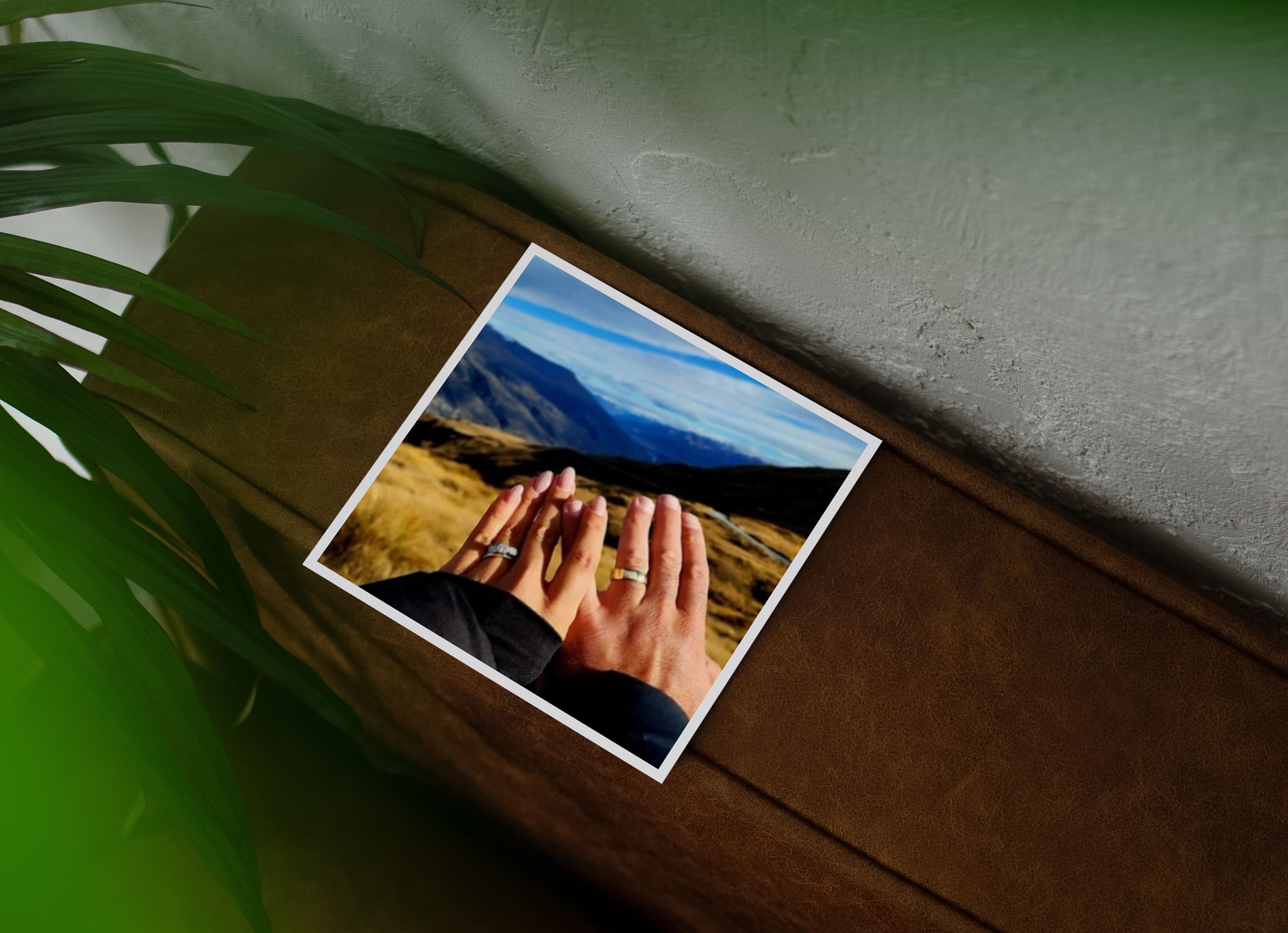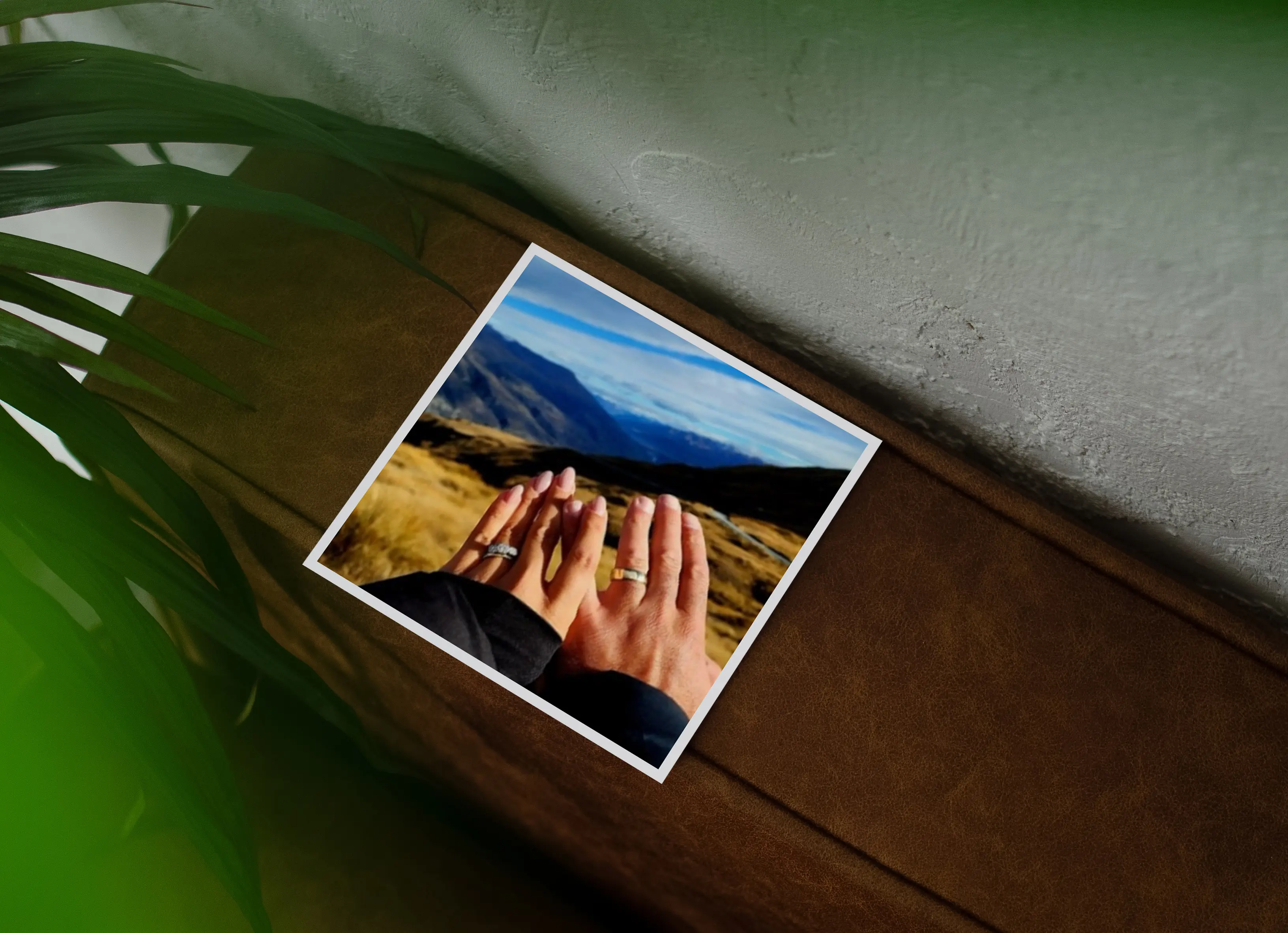Before arriving at Higher Ground, Mo’s life had spiralled into chaos.
“I had like 54 charges. I was looking at 16 years,” he recalled. “I got kidnapped twice . . . I still couldn’t stop. I was so attracted to that lifestyle of having money and getting it easy.” Despite multiple stints in detox and rehabilitation, he kept using drugs, even “in the car park outside before I came in for my interview” at Higher Ground. His application was denied. But Mo returned.
“I just knew that if I didn’t sort my stuff out, I’ll be in prison.”
He completed the Salvation Army Bridge programme, then Wings, and eventually re-applied to Higher Ground. They initially declined again because of his electronic bracelet. But his lawyer intervened, and “they gave me a call and [said], ‘We don’t usually do this . . . but we’ll give you a chance.’” That chance was the turning point.
At Higher Ground, his case manager “peeled back all the layers.” She told him directly: “‘You’ve committed crime. You’ve done the hurt. You’ve hurt people . . . You’re going to go to jail, and it’s going to be the best thing for you.’” The honesty struck him deeply.
“They made me really kind of take a step back and try and find myself . . . my beliefs, my religion, get closer to that.”
Two weeks later, he told his lawyer: “I’m going to go guilty on my charges.”

Higher Ground’s support didn’t stop when he left the programme. He became a house host, then worked for another drug and alcohol treatment centre while awaiting sentencing. “I was still on the bracelet . . . [but] I think my case manager just wanted to keep me busy.” In court, that support was visible. “The judge asked the security guards to open the door . . . it filled up the whole courtroom.” Though he was facing up to 16 years, he served just one year and five months.
When invited to bring a meaningful artefact, Mo chose photos from his wedding.

“She agreed to marry me while I was still inside,” he shared. “I made her a promise that I will work so hard to get my first parole. And I did.” He described her as his rock, someone who saw the good in him and supported him every step of the way. “We’ve been married for about a year now. I don’t think I can see myself with anyone else.”
Post-release, he returned to the Higher Ground support house—another first. “I was the first to get released from prison back to the support house.”
Mo now works at Higher Ground and calls the former case manager his boss and friend. “I promised her I’d call every week [from prison] . . . I didn’t break that promise.”
“Higher Ground fills my cup. It keeps me clean, keeps me honest.”

